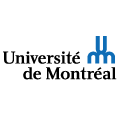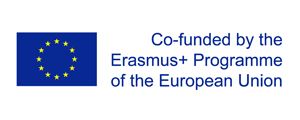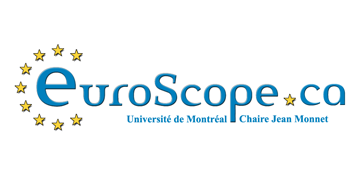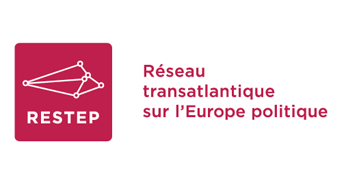RevUE de la conférence de Ayse Zarakol par Rose Bostwick
As part of the Centre Jean Monnet de Montréal 2021 conference cycle, Professor Ayse Zarakol (Reader in International Relations at Cambridge University, presented her talk, “The Uses and Abuses of Macro Histories” on Thursday, March 25.
During the talk, Zarakol discussed her forthcoming book, Before the West: Rise and Fall of Eastern World Orders, which theorizes a new vision of Eastern history. This history begins with the thirteenth-century Mongolian Empire of Genghis Khan and ends soon after the seventeenth century, considering the East as a region with its own history and socio-political dynamics that weren’t denied entirely by encounters with European colonialism or in comparison with Europe. Arguing for the often-overlooked significance of the Mongolian Empire to the East, Zarakol posited that there are common “norms, institutions, and practices throughout the continent” leading to a degree of interconnectedness throughout Asia.
Zarakol focused on the epilogue of before the West, in which she grapples with the meaning and implications of using a macro-historical approach. An approach that favours a long-term, comparative, or world-historical approach, macrohistory is often controversial in the social sciences and has largely fallen out of favour in academia. To justify her use of this approach, Zarakol discussed other prominent gurus who have proposed similar theories, such as Japanese intellectual Suematsu Kencho and American author Owen Lattimore. Some of these scholars have used macro-histories to justify nationalist beliefs or imperialism, such as the German historian and playwright Karl Wittonfogel, while others have used them to argue against a dominant ideology, such as British historian Arnold J. Toynbee. Like Toynbee, Zarakol’s use of macro-history is targeted against a dominant ideology: in this case, the Eurocentrism that places the West as the focal point of history.
As the discussant, I tied Zarakol’s ideas to those in the other presentations in the CIPSS speaker series in Europe and Memory. Referencing ideas about the importance of collective memory and imagined pasts to political discourses, I re-emphasized Zarokol’s argument that not having ‘groupness’ like that which exists in the West has been a great social, economic, and political disadvantage” for Asian elites. I suggested that memory studies can provide an additional lens through which to understand why certain groups might be vulnerable to the erasure of their histories or achievements.
Finally, Zarakol responded to probing questions about her views on traditional state sovereignty, and where anti-colonial thought can’t into her research. She explained that her work does not exactly align neatly with either of these approaches: in fact, her use of the non-Eurocentric approach actually places into question the origin of these theories and sheds some light on their underlying assumptions. In response to concerns with her epilogue’s assertion of “the fetishization of methods in international relations,” Zarakol explained that this only reinforces the need for new approaches to social science and that alternative theorists, such as macrohistorians, may end up contextualizing previous ideas by looking outside academic norms.









